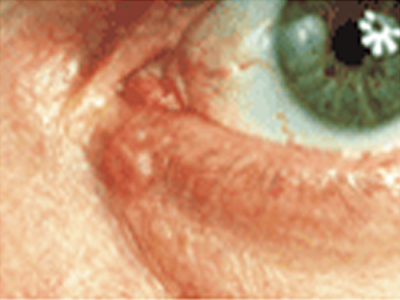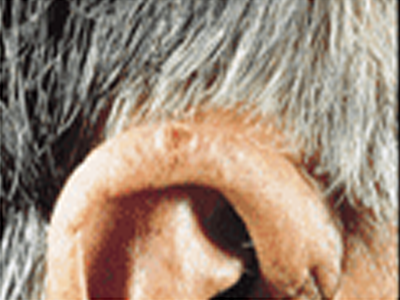Skin Cancer Clinic Serving Sarina, Mackay and Surrounding Areas
Specialist Doctors Utilising The Latest Skin Cancer Diagnosis Technology for Mole & Skin Checks
We use the highest quality scanning equipment at the clinic, including the Molemax computerised epiluminescent skin microscopy system, which allows scanning into the moles and skin lesions with 3-dimensional digital image analysis. This also allows us to photograph and record moles and other skin lesions for comparison over time.
Melanoma is Australia's 3rd most common skin cancer, with some of the highest rates occurring within the Mackay region. Every year, approximately 9,000 Australians are diagnosed with melanoma, with roughly 1,000 of these people dying as a result.
More than 985 melanomas have been successfully diagnosed and treated at our clinic since 2011.
We employ the latest surgical and non-surgical treatments for non-melanoma skin cancers where indicated. Most importantly, we educate and counsel our patients about the dangers of skin cancer and the importance of preventive measures.
No specific referral is required. However, GP referrals are welcome.
Early Diagnosis & Treatment Saves Lives
About Skin Cancer
More than 1,700 people die from skin cancer every year in Australia. Yet skin cancer is preventable, and most skin cancers are treatable if detected early. Practice good prevention and regularly check your skin for suspicious lumps or spots.
SunSmart recommends five steps to protect against sun damage when the UV index is three or above:
Slip - on some sun-protective clothing—that covers as much skin as possible.
Slop - on SPF (Sun Protection Factor) 30+ sunscreen—make sure it is broad spectrum (protects against UVA & UVB rays) & water resistant. Please put it on 20 minutes before you go outdoors & reapply every 2 hours. Sunscreen should never be used to extend your time in the sun.
Slap - on a hat—that protects your face, head, neck & ears.
Seek - shade.
Slide - on some sunglasses—make sure they meet Australian Standard AS1067.
If you notice anything new or unusual on your skin, call for an appointment.
There Are Three Types of Skin Cancer
Basal Cell Carcinoma
This is the most common and least dangerous skin cancer. It appears as a lump or scaly area and can be red, pale or pearly in colour. It grows slowly—usually on the head, neck or upper torso—and can become ulcerated as it grows.
Squamous Cell Carcinoma
This cancer grows over a period of weeks or months and may spread to other parts of the body if not treated promptly. It occurs most often (but not only) in areas exposed to the sun. This can include the head, neck, hands and forearms. This cancer looks like thickened, red, scaly spots.
This Is Custom Heading Element
Some melanomas arise in normal skin, and others arise in pigmented skin (moles). If a melanoma is not detected early it can be fatal. Most patients can be cured with minor surgery if melanoma is found early. There are four main types of melanoma:
- Lentigo Melanoma
- Superficial Spreading Melanoma
- Acral Lentiginous Melanoma
- Modular Melanoma
Regular Checks of Your Skin
- Check your skin regularly, at least every three months.
- Use a hand-held mirror to check the skin on your back & the back of your neck, or ask someone else to look for you.
- Don't forget to check your armpits, inner legs, ears, eyelids, hands and feet.
- Use a comb to move sections of hair aside and inspect your scalp.
What To Look for (A B C D E)
Asymmetry (unevenness) – one half of the spot doesn't match the other.
Border – the edges of the spot are irregular, ragged, notched or blurred.
Colour – the colour of the spot is not the same all over and may include shades of brown or black, red, white or blue.
Diameter – the spot is larger than 6mm across (about 1/4 inch) or is growing larger.
Evolution and/or elevation – The spot may change in shape or grow in size, and a flat spot may become raised in a matter of a few weeks.
Also, be aware of any mole or freckle that:
- Changes over a period of months
- Grows in size
- Changes shape
- Becomes mottled in colour
- Has a persistent itch



